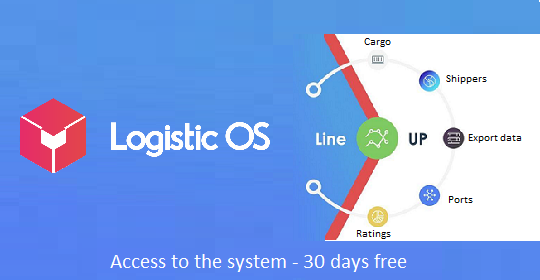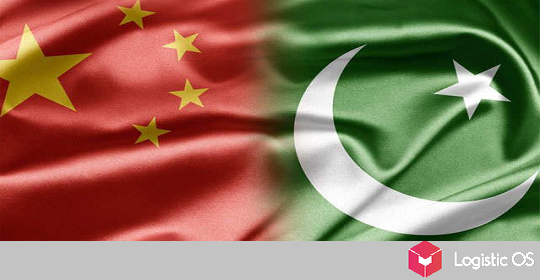This law has been drafted for a long time, and now there is a real prospect of its adoption next year.
What are the main provisions of this law?
Elena Troshina, Deputy Director of the Department for Regulation of Agro-Industrial Complex Markets of the Ministry of Agriculture of the Russian Federation, spoke about this in detail.
One of the main principles is the state monitoring of grain at the place of its cultivation.
Further, each batch of grain and products of its processing are traced «from field to table», that is, at all stages of its life cycle.
In particular, documentation will be drawn up for each batch of grain.
This law sees two goals:
Build a transparent system of grain control and accounting.
Ensure high quality products in the domestic market, as well as decent quality of those products that are exported.
To solve the second problem, it is also planned to take a number of measures.
For example — to seize low-quality grain, to carry out laboratory tests during export and import, to introduce a federal grain quality control system.
It is planned that the law may come into force from July 1, 2022 .
At least this may apply to some of its provisions. There is little hope that the law will be adopted the first time without defects.
After all, it involves building a whole system, which should not only be present on paper, but also work in reality. And this usually requires a phased adoption and improvements «on the go».
How will the Grain Guardian system work?
Guardians are an important part of the entire structure that is planned to be created.
They will be legal entities and individual entrepreneurs who will have the right to organize storage of grain and its processed products at all stages of their life cycle.
It is assumed that each Custodian will receive a unique identification number, which will help to establish that a particular batch of grain has passed through his storage.
The range of requirements for Guardians is still under development. But it is already clear that their main task will be to keep track of grain and provide transparency of data on how much of it entered the storage facility and where it went next.
In essence, we are talking about creating an analogue of the EGAIS system — a system that controls the production of alcohol and the path of each unit of alcoholic products from the producer to the end consumer.
But given the scale of grain production and export to the Russian Federation, this may not be easy.
It is planned that the system will start working in the middle of next year, and almost immediately after that, agricultural producers will be able to connect to it.
Few people have the illusion that everything will work perfectly from the first minute. However, many experts believe that the idea of creating such a system is very promising, and the sooner it is launched, the sooner it can become effective.

